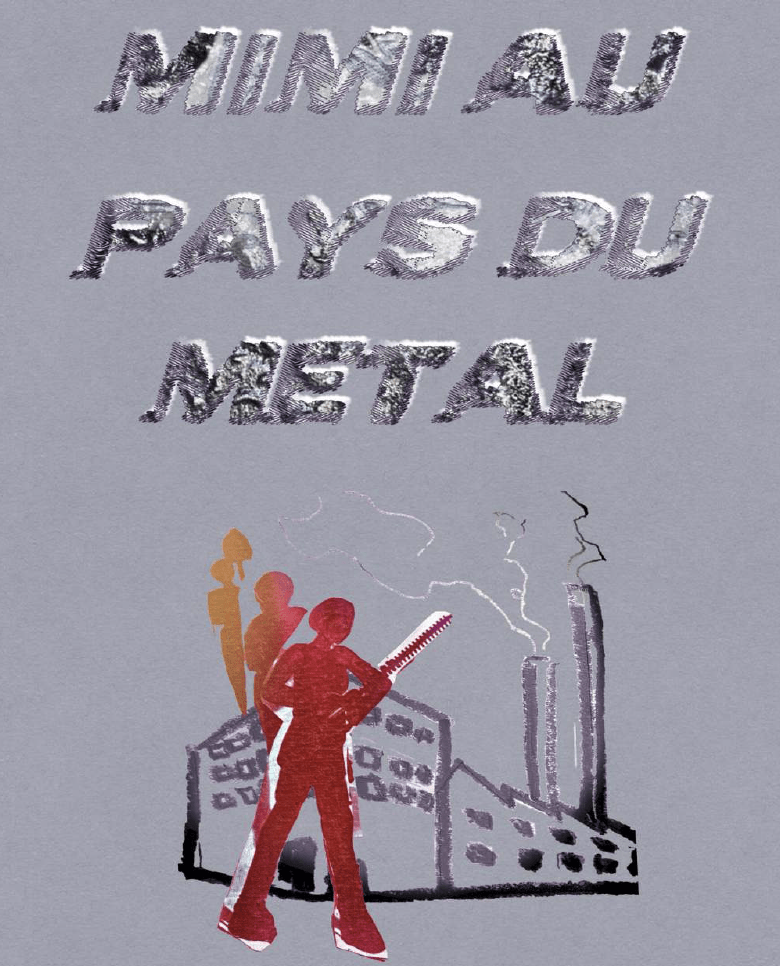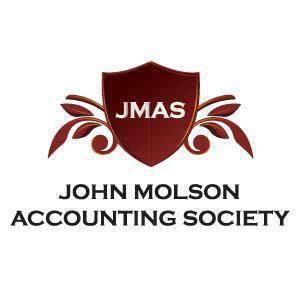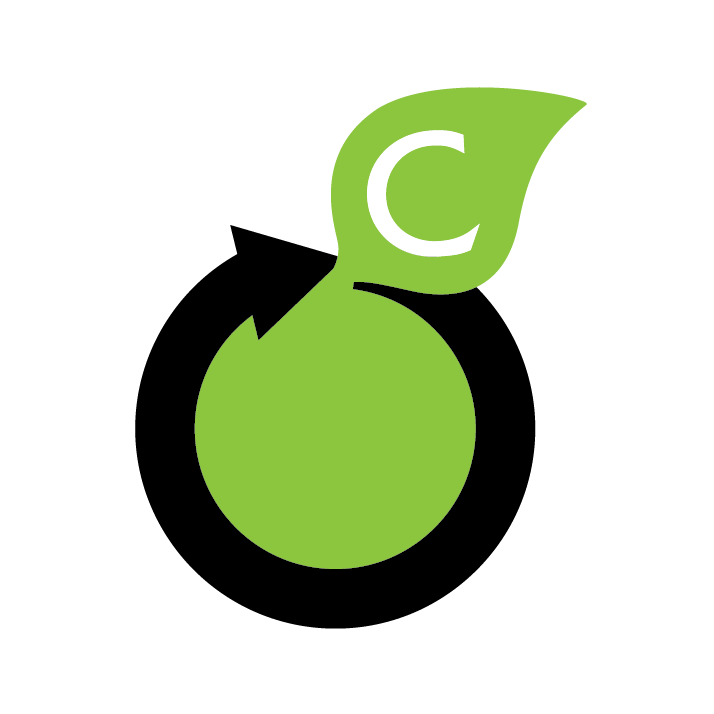Sustainability Living Lab Funding Program
The Sustainability Living Lab Funding program is a matching fund partnership between the Sustainability Action Fund (SAF) and Concordia University’s Office of Sustainability.
Each year $80,000 is available to support teams of students, staff and/or faculty members in advancing projects that align with the university’s 5-year Sustainability Action Plan; it is an essential element that ties together key objectives of the Sustainability Action Plan.
The aims of this funding opportunity are to;
-
Provide experiential learning through internships, classroom projects and project implementation and learning outcomes.
-
Provide hands-on learning activities through leadership opportunities in event coordination & programming, workshops, employment and varied forms of engagement opportunities.
-
Foster cross-disciplinary partnerships between faculty, staff and students for the purpose of utilising our campus and communities to incubate innovative solutions to sustainability challenges .
-
Empower community members to propose and implement projects that improve the sustainability of campus operations, foster community, and build thrive-able new futures
Concordia University’s Sustainability Action Plan
Eligibility Criteria
In order to be eligible, SLLFP projects must meet the following criteria:
-
Core project team must include at least 1 student
-
Core project team must include at least 1 faculty and/or staff member
-
Project must offer experiential learning opportunity to one or more students
-
Project must address at least one of the 5 streams of the Sustainability Action Plan (Sustainable Food Systems; Zero Waste; Climate Action; Sustainability in Research; Sustainability in Curriculum)
-
Project must plan to have measurable outcomes*








